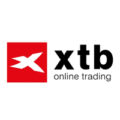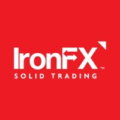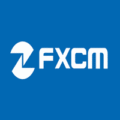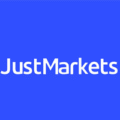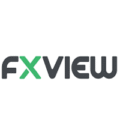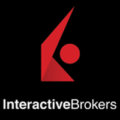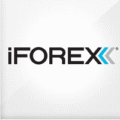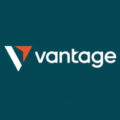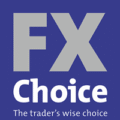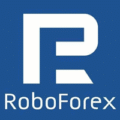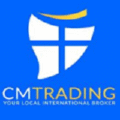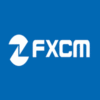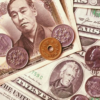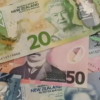In forex trading, trust and regulation are non-negotiable. A broker may offer low spreads or big bonuses, but if it isn’t properly regulated, your funds could be at risk. At 100Forex Competitions, we feature only trusted and regulated forex brokers—brokers that meet strict compliance standards and are monitored by leading financial authorities worldwide.
Choosing a regulated broker means your trading journey is backed by safety, transparency, and reliability.
Trusted & Regulated Forex Brokers 2026
Does Forex Have Central Regulation?
The forex market is decentralized, meaning it does not have a single regulatory authority governing all trading activities. Instead, forex regulations vary by country, with each jurisdiction setting its own rules to protect traders.
Most regulated brokers are required to:



Why Local Regulation Matters
Each country enforces different regulatory frameworks to protect traders. Brokers must comply with the laws of the regions they operate in, ensuring fair trading practices.
For example, if you’re based in Europe and open an account with an Australian broker, your funds won’t be protected under EU regulations but will instead be subject to Australian financial laws. The level of protection may vary, depending on your location and the broker’s jurisdiction.
How to Choose a Safe Forex Broker
Before signing up with a regulated forex broker, always check:



Understanding these factors ensures that you trade with confidence, knowing your funds are secure and your rights are protected.
Do Forex Brokers Have to be Regulated?
The first thing you need to understand is that there is no global governing body for the Forex market. This means that each country has its own regulations when it comes to Forex brokers. In some countries, such as the United States, Forex brokers are required to be regulated by the Securities and Exchange Commission (SEC). However, in other countries, such as Canada, there are no specific regulations governing Forex brokers.
This can make it difficult to determine whether or not a particular broker is considered as in the list of legit forex brokers. One thing you can do is check the broker’s website to see if it has a license from a recognized governing body. If the broker is not licensed, you should be very cautious before investing any money with them.
However, a forex broker can be both regulated and unregulated. But for the safety of your money, it is recommended to trade with a regulated forex broker.
How do I Verify a Forex Broker?
When looking for a Forex broker, it is important to do your research to ensure that you are dealing with a reputable company. One way to verify a Forex broker is to check their registration and licensing information. You can do this by visiting the website of the regulatory body that oversees the Forex broker.
Another way to verify a trusted forex broker is to read online reviews from other traders. Be sure to look for reviews that are recent and from unbiased sources. You can also visit websites like TrustPilot or Feefo to read reviews from real customers.
Finally, it is always a good idea to contact the customer service department of the Forex broker and ask them any questions you have about the company and its services.
Getting in contact with the traders employed by an online Forex broker is also a great way to verify that they are legitimate. These traders will have knowledge of their company’s services and should be able to answer any questions you have about the platform, its features, and how it works. If you cannot get in touch with a trader or if their answers do not satisfy your questions, then there may be something wrong with that particular company.

